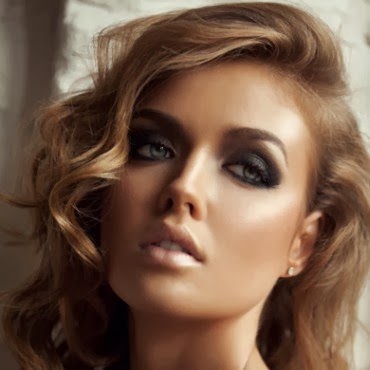While hair loss can be attributed to some medical conditions such as alopecia, it’s also a natural part of growing older. But there are small things you can do every day that may help. Here’s the lowdown on the top 5 vitamins that can help keep your hair healthy, strong, and help to prevent any potential loss.
Biotin
One of the most commonly known vitamins to promote strong hair is biotin, a B-complex vitamin that is sometimes referred to as Vitamin H. Biotin promotes healthy hair by increasing the hair’s elasticity and protects against dryness, which also helps prevent breakage. In addition, Biotin helps produce keratin, a primary component of healthy hair. Some even believe that biotin can slow down age-related graying.
While Biotin deficiency isn’t common, some of the symptoms, which may alert you to the need to supplement, are hair loss (sometimes resulting even in eyebrow and eyelash loss), chronic conjunctivitis, dermatological issues, and even depression. Thankfully, it’s fixed simply by either taking it orally or by getting it through the following foods:
- Brown rice
- Green peas
- Lentils
- Oats
- Brewer’s yeast
Recommended daily doses should not exceed 100 mcg in adolescents or adults.
Vitamin A
Vitamin A is a commonly known antioxidant also known as retinol. Its function is mainly to promote eye health; however, it’s also widely used as a means to promote healthy hair. Vitamin A helps to produce healthy sebum, an oily substance secreted by the scalp, which keeps hair from drying out and breaking off. In addition, Vitamin A fights free radicals that weigh your hair down.
Vitamin A is found in the following foods:
- Cod liver oil
- Krill oil
- Carrots
- Spinach
- Peaches
While Vitamin A is essential to healthy hair, you must exercise caution, as too much Vitamin A can lead to toxicity and can actually result in the opposite effect – hair loss. The maximum daily amount you should consume, either through supplementation or through your diet, is 25,000 IU.
Vitamin E
Vitamin E, an antioxidant that helps neutralize free radicals, is often referred to as the “good skin” vitamin, but its assistive properties go far beyond the skin. Vitamin E also helps the body’s blood circulation by increasing oxygen uptake, which in turn aids the body in producing new hair. In addition, some believe that Vitamin E has an affect on the body’s immune function, further increasing it’s ability to prevent hair loss. It can be taken by mouth, applied topically or can be found in the following foods:
- Beans
- Soybeans
- Leafy greens
- Wheatgerm oil
- Nuts
The recommended dosage of Vitamin E is at least 400 IUs a day. However, caution must be exercised when supplementing with Vitamin E as too much has been known to cause bleeding due to blood thinning. Because of its blood thinning properties, it’s also important to remember to discontinue the use of Vitamin E prior to any type of surgery.
Pantothenic Acid
Pantothenic acid, also called Vitamin B5, isn’t a commonly known vitamin, but is highly effective in the prevention of graying due to aging. In addition, it can help reduce the natural loss of hair due to aging. Pantothenic acid is believed to help strengthen hair follicles and their cells, allowing them to function properly. In addition, pantothenic acid also helps your scalp get rid of dead skin, clearing the way for new growth to occur.
Pantothenic acid can be found in many Vitamin B complex vitamins, but can also be found in various foods, such as whole grains and eggs.
Inositol
The last vitamin that is important for healthy hair is Inositol. Inositol is, unofficially, grouped into the Vitamin B group of vitamins. It’s certainly not a commonly known vitamin, but is responsible for a number of support functions within the body.
Inositol aids in the health of cell membranes, particularly those in the eyes, intestines, brain, and bone marrow. Some also take inositol for the reduction of blood cholesterol. However, one of the most recent findings show that men who took an extra dose of inositol daily reported that their hair loss had improved, with less hair falling out.
While Inositol can be produced by the body through the natural process of breaking down glucose, it can also be found in the following foods:
- Beans
- Citrus fruits and cantaloupe
- Whole grain breads
- Brewer’s yeast
Naturally, vitamin supplementation alone will never take the place of a healthy, balanced diet. But with proper supplements, you can combat hair loss and slow down premature graying of the hair all while growing old gracefully. Just remember to check with your health care professional before adding any supplements to your diet.
http://www.arganrain.net/




0 comments :
Post a Comment